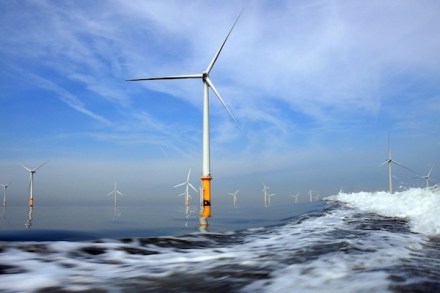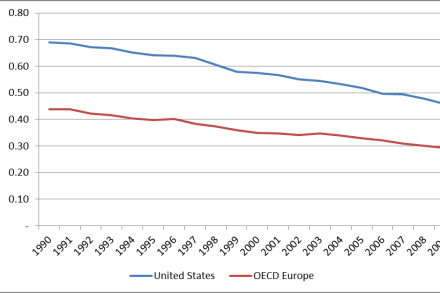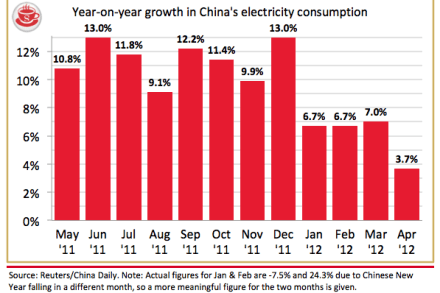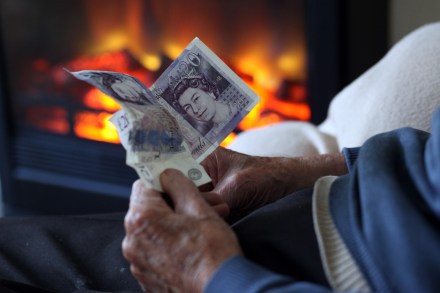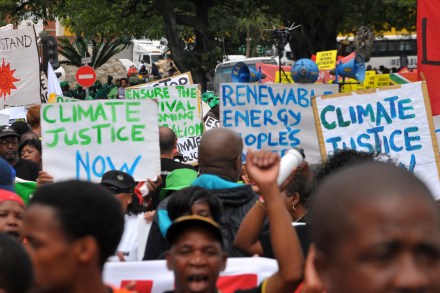Energy bills row: Cameron clarifies his surprise announcement
David Cameron has arrived in Brussels for a meeting of the European Council, and has offered further helpful clarification of what exactly he means to do about energy bills. The Prime Minister said: ‘I want to be on the side of hard-pressed, hard-working families who often struggle to pay energy bills. That’s what I said in the House of Commons yesterday. We’re going to use the forthcoming legislation, the energy bill, coming up this year so that we make sure, we ensure that customers get the lowest tariffs. That’s what we’re going to do.’ This is still different to what the Prime Minister said in the Commons yesterday. Privately, the






